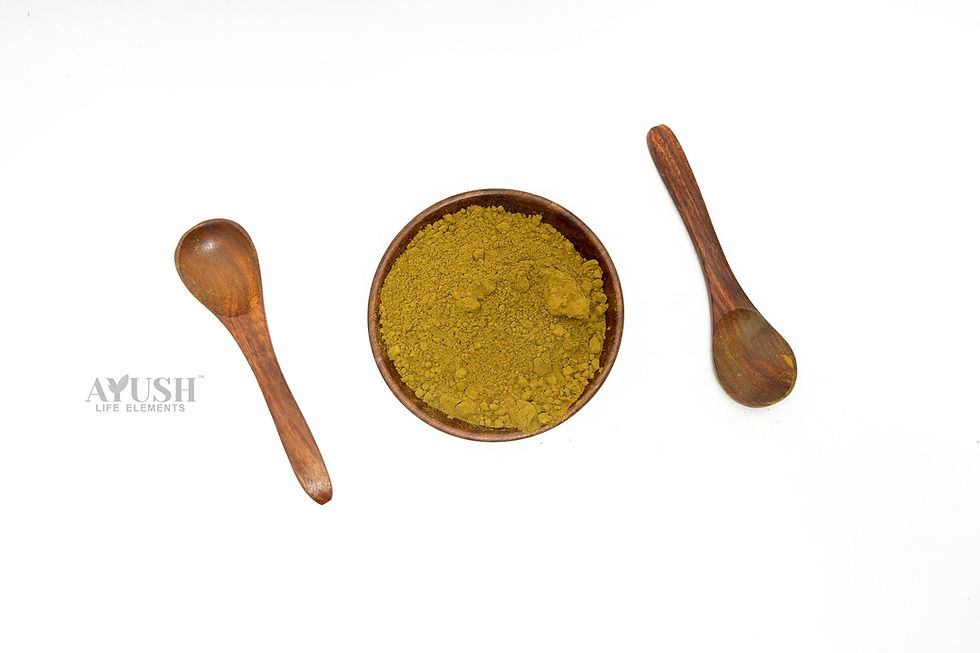White Shatavari Roots - Asparagus Racemosus
Botanical and Common Names
Botanical Name: Asparagus racemosus
Common Names: Shatavari, Wild Asparagus, Satavar
Nutritional Content
Shatavari roots are a nutritional powerhouse, containing:
Vitamins: A, B1, B2, C, E
Minerals: Calcium, Iron, Zinc
Fiber
Proteins
Essential fatty acids
Flavour Description
Shatavari roots have a slightly sweet and bitter flavor with a starchy consistency, making them blend easily into various food and beverage preparations.
Benefits and Side Effects
Shatavari, known as a powerful medicinal herb in Ayurveda, boasts several health benefits. It is commonly used for women's health, notably supporting hormonal balance, reproductive health, and menstrual health. Its adaptogenic properties help the body manage stress, while antioxidant properties aid in combating free radicals. It can also support digestive health and bolster the immune system.
Side effects are rare, but some people may experience digestive upset or allergic reactions. Pregnant or breastfeeding women and those with certain health conditions should consult a healthcare provider before use.
Recipe Suggestions and Home Remedies with Shatavari Roots
Shatavari Milk: Simmer 1 teaspoon of Shatavari powder in a cup of milk over low heat for 10 minutes. This soothing drink can be enjoyed before bed to promote relaxation and hormonal balance.
Shatavari Turmeric Latte: Combine 1 teaspoon each of Shatavari powder and turmeric with a cup of warm milk. Add honey for sweetness and enjoy as a comforting beverage.
Shatavari Soup: Add Shatavari root powder to your choice of vegetable soup. It's a straightforward way to integrate this medicinal herb into your diet.
Shatavari with Honey: Mix half a teaspoon of Shatavari powder with honey and consume directly. This remedy can be particularly beneficial for women's health and fertility.
Shatavari Chutney: Incorporate Shatavari roots into your homemade chutney. Blend with other ingredients like coconut, garlic, ginger, and herbs.
These recipes and remedies offer different ways to enjoy the health benefits of Shatavari roots. Remember, while Shatavari is generally safe for most people, it's always advisable to consult with a healthcare provider or an Ayurvedic specialist to determine the optimal dosage and usage for your specific health needs.
Buying and Storage Guide
Purchase Shatavari roots from trusted suppliers to ensure quality and potency. Look for organically grown products free from pesticides and herbicides. Store in a cool, dry place in an airtight container, away from direct sunlight.
Usage Suggestions
Shatavari can be consumed in various forms, like teas, smoothies, or mixed with food. The dosage can vary based on the individual's health and wellness needs. Always consult a healthcare provider or a certified Ayurvedic practitioner for personalized advice.
White Shatavari Roots | Asparagus Racemosus
Botanical Name
Asparagus racemosus
Plant Family
Liliaceae
Synonyms
Buttermilk Root, Climbing Asparagus, Wild Asparagus
Part Used
Dried Root



















